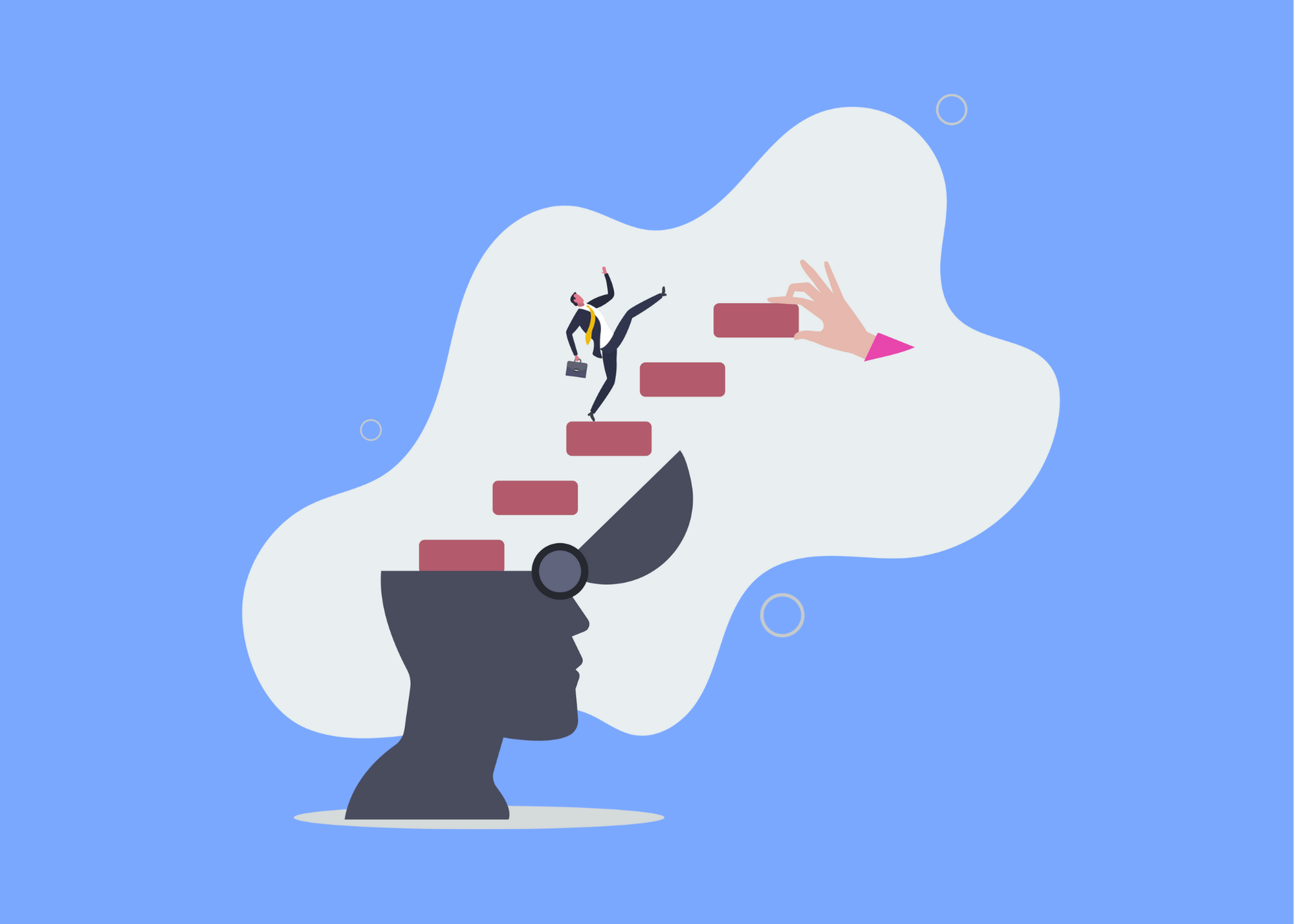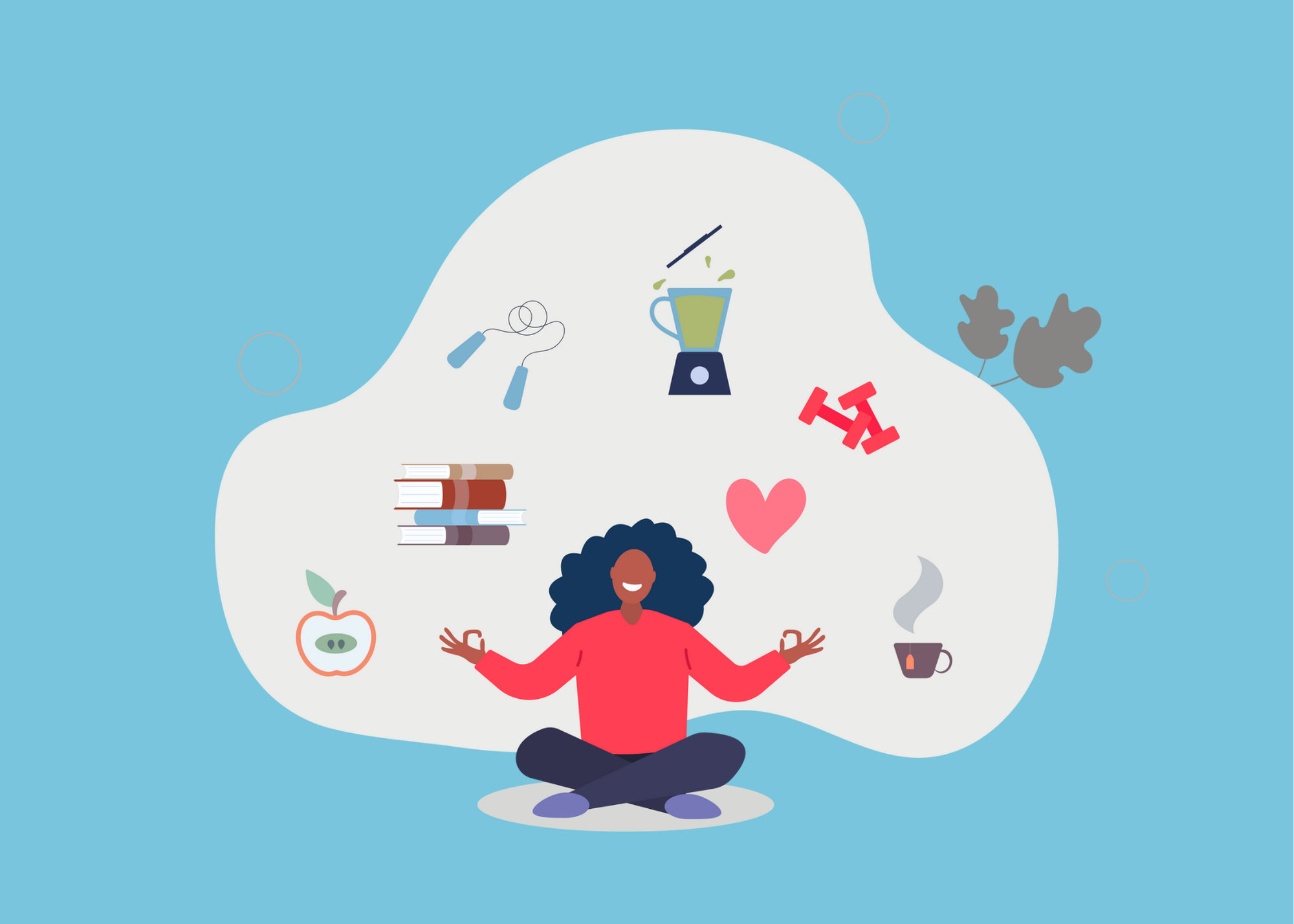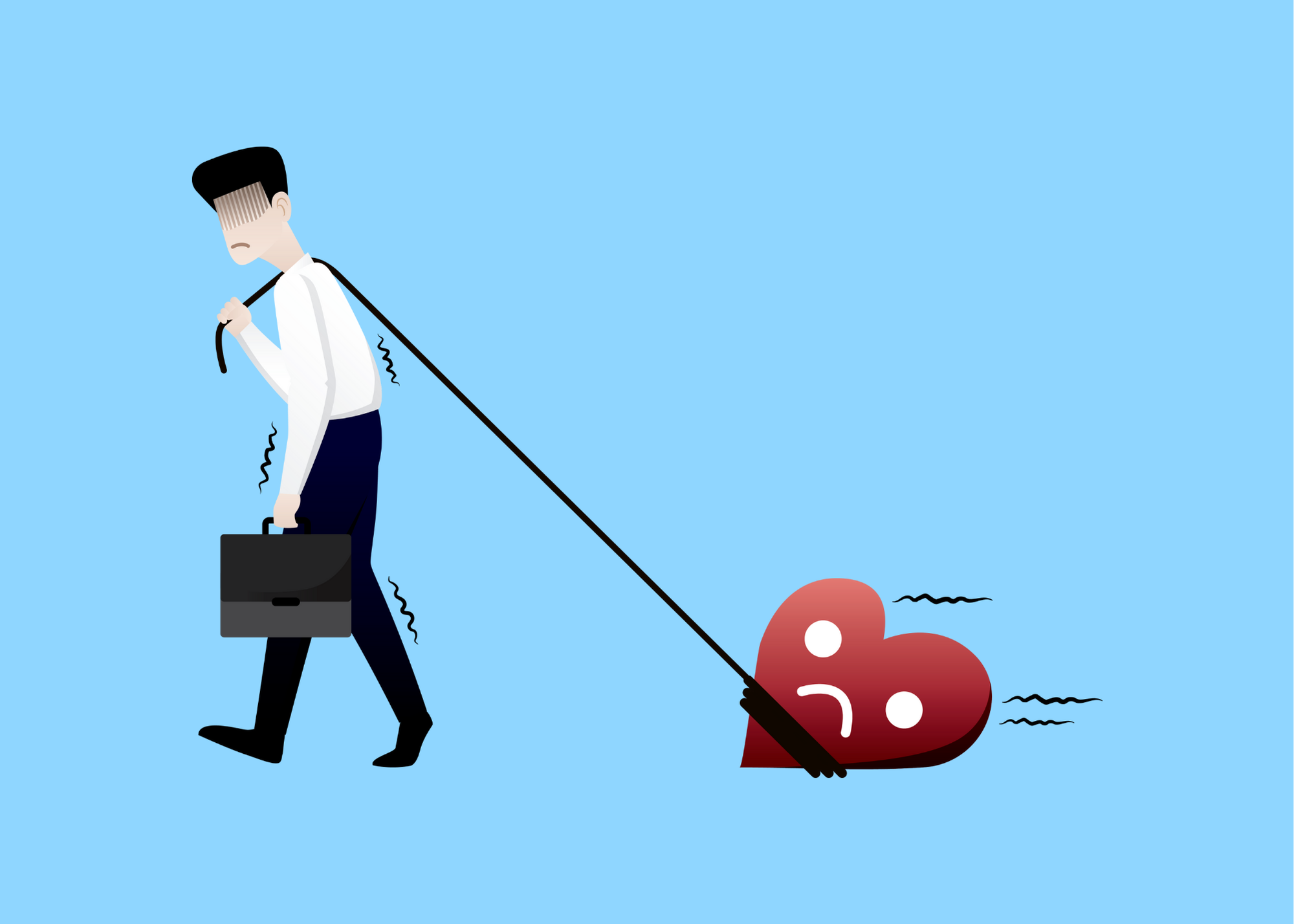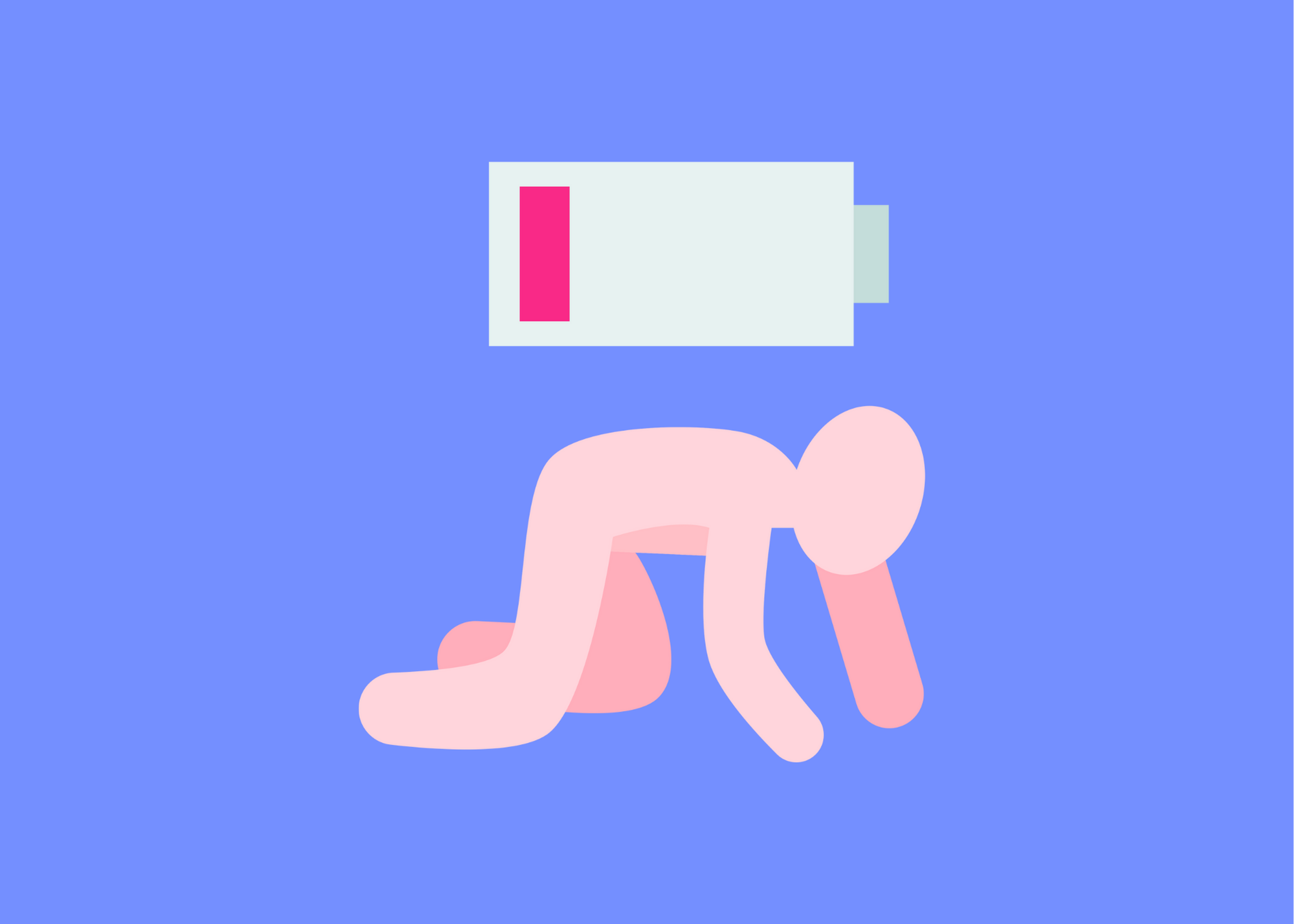Social Isolation Is a Hidden Danger of Chronic Stress. How to Reconnect if You’ve Withdrawn
Chronic stress and burnout doesn’t just impact physical health or emotional well-being—they also take a toll on your social and relational health. One of the most insidious consequences of these challenges is social isolation. Whether it stems from a relentless work schedule, emotional exhaustion, or simply feeling too overwhelmed to connect, isolation can silently erode your well-being.
The cost of social isolation is often overlooked, yet its effects can be deeply detrimental to both recovery and long-term health. Research shows that isolation can increase the risk of chronic diseases, depression, and anxiety, further exacerbating the cycle of stress and burnout. Reconnecting with others isn’t just about socializing; it’s a critical strategy for managing stress and rebuilding resilience. In this post, we’ll uncover the hidden toll isolation can take on your life and explore how to rebuild meaningful connections to foster healing and resilience.
How Chronic Stress Fuels Social Isolation
When you’re chronically stressed or burned out, relationships often take a backseat. Here’s why:
Emotional Exhaustion: Burnout leaves you drained, making even simple interactions feel like an effort. You might cancel plans or avoid reaching out to friends because you feel you have nothing left to give.
Loss of Confidence: Chronic stress can undermine your self-esteem, leading to feelings of inadequacy or shame. This might make you withdraw from others for fear of being judged or misunderstood.
Time Pressures: Overcommitment at work or home can squeeze out time for social activities, leaving you isolated despite a packed schedule.
Stress-Induced Conflict: High stress levels can lead to irritability and misunderstandings, straining relationships and potentially causing distance between you and loved ones.
The Hidden Costs of Social Isolation
While it might feel easier in the moment to retreat into solitude, prolonged isolation comes with serious consequences:
Increased Stress Levels: Social support buffers the effects of stress. Without it, your body remains in a heightened stress state, which can lead to burnout.
Mental Health Challenges: Loneliness is strongly linked to depression and anxiety, compounding the emotional toll of chronic stress.
Physical Health Risks: Studies show that social isolation can increase the risk of cardiovascular issues, weakened immunity, and even premature death. It’s as harmful to health as smoking 15 cigarettes a day.
Reduced Resilience: When you face challenges alone, you’re more likely to feel overwhelmed and less capable of bouncing back from adversity.
How to Rebuild Social Connections
Reconnecting with others doesn’t have to be overwhelming. Here are small, intentional steps to combat social isolation and strengthen relational health:
Start Small
If you’ve been withdrawn, begin by reaching out to one trusted friend or family member. A simple text or phone call can be the first step toward rebuilding your social circle.
Prioritize Quality Over Quantity
Meaningful relationships are more impactful than a large social network. Focus on spending time with people who uplift and understand you.
Make It a Habit
Schedule regular check-ins with loved ones, whether it’s a weekly coffee date, a shared meal, or even a quick virtual chat. Consistency fosters connection.
Join a Community
Engage in activities that interest you, such as a fitness class, book club, or volunteer group. Shared interests make it easier to form new bonds.
Be Vulnerable
Authenticity strengthens relationships. Don’t be afraid to share your struggles—you might be surprised how willing others are to listen and support you.
Seek Professional Support
If social anxiety or past conflicts make it difficult to connect, working with a therapist or coach can help you develop strategies to rebuild trust and confidence in relationships.
Final Thoughts
Social isolation isn’t just a side effect of stress; it’s a factor that can deepen and perpetuate the cycle of burnout. By taking steps to nurture your social connections, you’re not just improving your relational health—you’re also creating a foundation for resilience, happiness, and long-term well-being.
If you’re feeling disconnected, remember: rebuilding relationships takes time, but every small effort is a step toward a richer, more connected life. As your coach, I’m here to help you prioritize and navigate this critical dimension of health. Together, we can create a plan to combat isolation and strengthen the relationships that matter most.
Need Help? You don’t have to go at it alone.
Strong relationships don’t slow you down—they keep you grounded.
Connection is fuel, not a distraction.
💡 Let’s make sure your support system supports you. Book your free 20-minute consult today.
Article References
The sources cited in the article:
American Psychological Association (APA). "The Risks of Social Isolation." APA - The Risks of Social Isolation
ScienceDirect (SD). “Chronic Stress Followed By Social Isolation Promotes Depressive Behavior.” SD - Chronic Stress
HHS. "Our Epidemic of Loneliness and Isolation." HHS - Our Epidemic of Loneliness and Isolation
National Institutes of Health (NIH). "Loneliness and Social Isolation - Tips for Staying Connected.” NIH - Loneliness and Isolation
Psychology Today (PT). “Stress Is Driving an Epidemic of Social Isolation.” PT - Stress is Driving an Epidemic of Social Isolation
CDC. “Health Effects of Social Isolation and Loneliness.” CDC - Health Effects of Social Isolation and Loneliness






